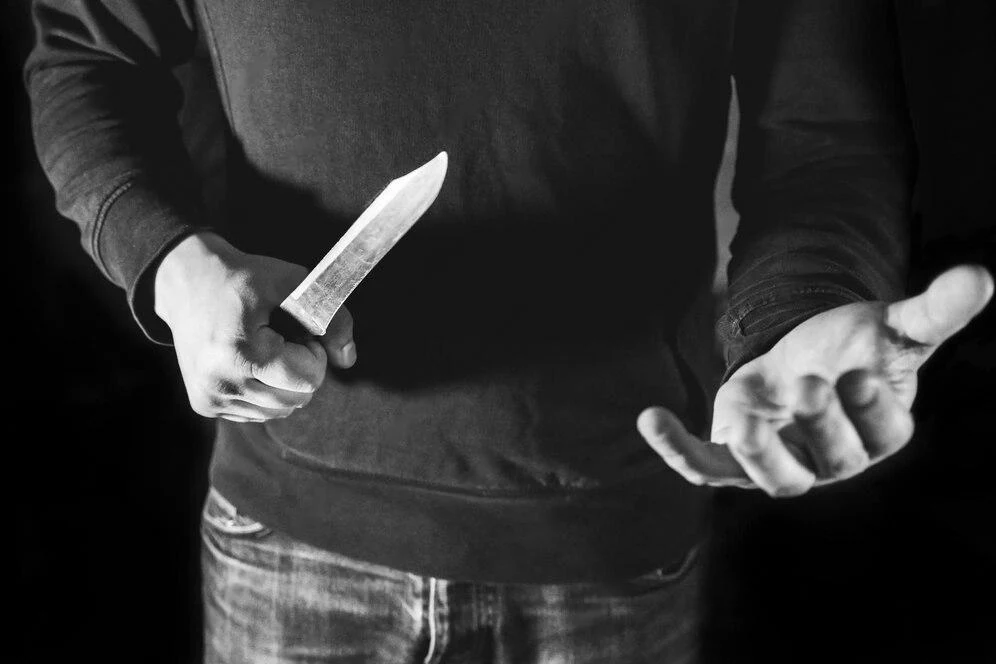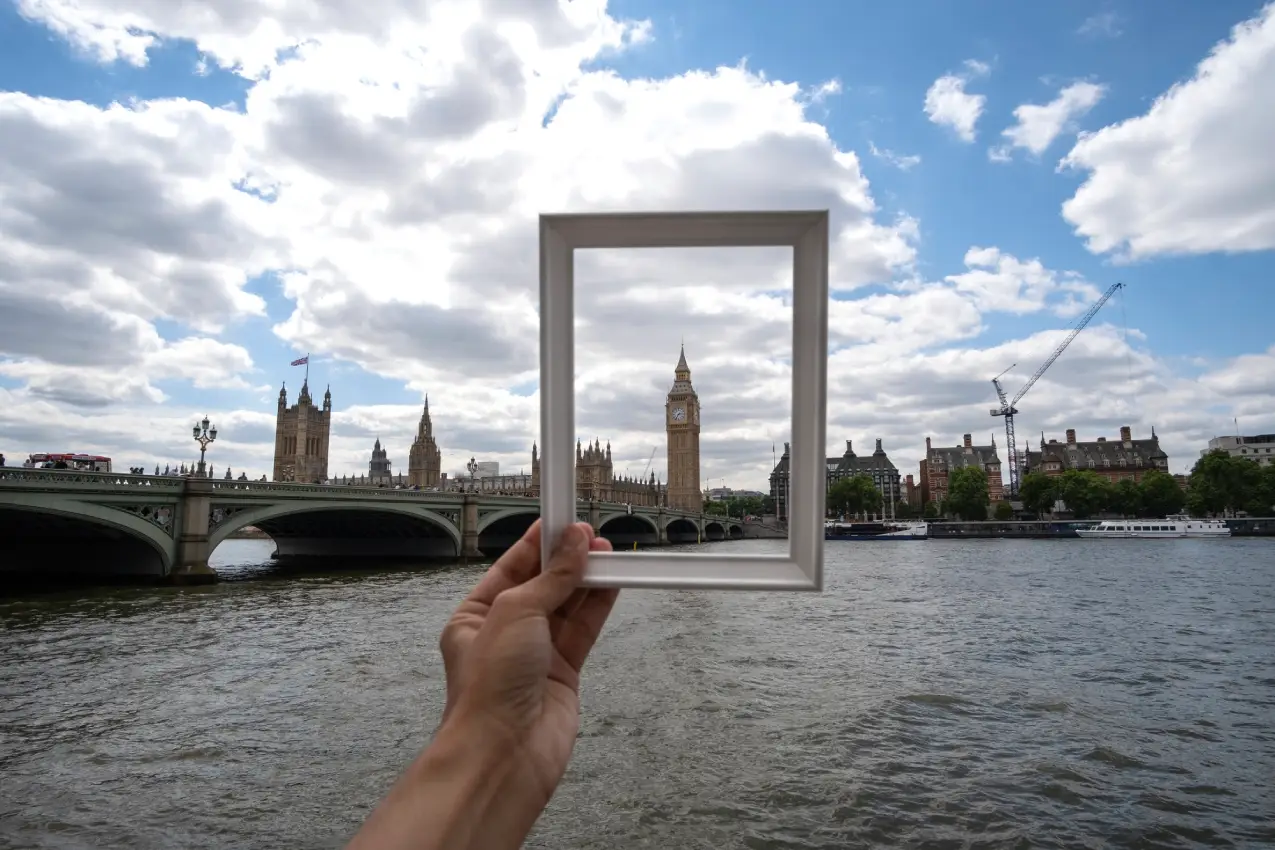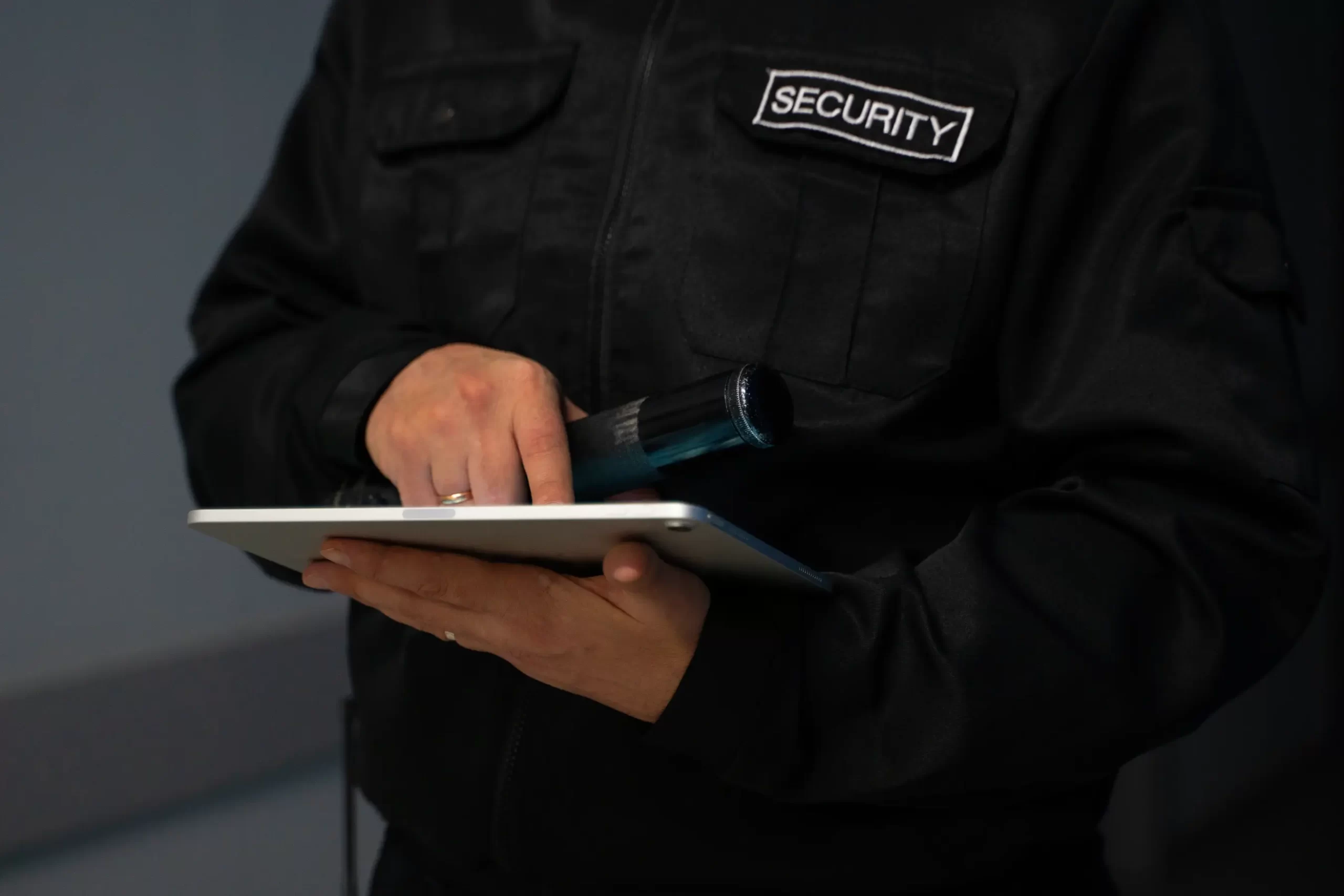
Knife Crime in London
By London Security College Is Your Licence Near to Expire? Join us in a SIA
Join us in a SIA Top Up Training to renew your licence
Today, we’re discussing a crucial topic that every security officer should understand: the ins and outs of detaining someone. Knowing your legal boundaries can help you handle situations confidently and lawfully. Let’s break it down!
As a security guard, you don’t have the same powers as police officers. Your authority to detain someone is limited and primarily based on a “citizen’s arrest.” This means you can only detain someone if you’ve directly witnessed a crime being committed. It’s essential to know this framework to avoid any potential legal trouble
To detain someone legally, you must have reasonable grounds to believe they’ve committed an offence. Just being suspicious isn’t enough. Based on what you’ve observed, it would be best to have an apparent, justifiable reason.
Any force you use must be reasonable and proportionate to the situation. Excessive force can lead to legal consequences for both you and your employer. Always aim to de-escalate situations and use the minimum amount of force necessary.
Clear communication is vital when detaining someone. Calmly and clearly explain why you’re detaining them. This helps manage their behaviour and shows your professionalism and adherence to legal standards.
Proper documentation of the incident is crucial. Record the time, date, location, reason for detention, and any actions taken. Detailed reports protect you and your employer if there’s a legal dispute.
After detaining someone, your next step should be to contact the police immediately. Your role isn’t to hold someone for extended periods; that’s the police’s job. They’ll take over and determine any further action.
When the police arrive, give them all the relevant information and evidence. This includes surveillance footage, witness statements, and your incident report. Clear communication with law enforcement ensures the situation is handled correctly.
If you catch someone shoplifting, make sure you’ve seen the act and that they’ve passed the point of sale without paying. When detaining a suspected shoplifter, follow your company’s policies and legal requirements.
For trespassing incidents, inform the person they’re on private property and must leave. If they refuse, you can detain them under the appropriate legal provisions until the police arrive.
In cases of assault or violence, prioritise safety above all. If you can, detain the individual while waiting for the police. However, never compromise your safety or that of others.
Understanding the legalities and best practices around detaining individuals is crucial for security guards. Sticking to these guidelines helps ensure you act within your legal rights, maintain professionalism, and protect yourself and your employer from potential legal issues.
At London Security College, we’re committed to providing ongoing training and resources to keep our security students informed and prepared for any situation. Stay safe out there and remember knowledge is your best defence

By London Security College Is Your Licence Near to Expire? Join us in a SIA


By London Security College Is Your Licence Near to Expire? Join us in a SIA

By London Security College Is Your Licence Near to Expire? Join us in a SIA
London| Birmingham| Manchester | Leeds | Glasgow | Sheffield
London Security College is the leading supplier of SIA Licence courses in London. We excel in SIA Courses such as SIA Door Supervisor Course, SIA Top Up Training, SIA CCTV Surveillance Course, First Aid Courses, Traffic Marshal Banksman Course Online, and Forklift Training Course.
“It is impossible for a man to learn what he thinks he already knows”
London Security College
International House,
24 Holborn Viaduct,
London, EC1A 2BN
020 8050 4108
info@londonsecuritycollege.co.uk
Copyright © LONDON SECURITY COLLEGE is a training and hiring platform

Fill in the form below
Fill in the form below
5 thoughts on “Can Security Guards Detain You?”
Can a bar security guard place a person in a chokehold if they think they swore at them?
No, a bar security guard in the UK cannot place someone in a chokehold for swearing at them. According to SIA (Security Industry Authority) regulations, security guards, including door supervisors, are required to follow strict guidelines when dealing with the public. Their primary role is to protect people and property while using minimal force only when necessary and proportionate.
Using excessive or unnecessary force, such as a chokehold in response to verbal insults, is a violation of these regulations. Security guards must remain calm and professional, and physical force should only be used as a last resort when there is a genuine threat to safety. Even then, the force must be reasonable and not pose undue harm.
If a security guard uses a chokehold or any other form of excessive force without just cause, they could face legal consequences, and the person affected may have grounds to make a complaint or take legal action.
How long can security guards keep someone detained?
Until the police arrive, but there’s no set time limit.
Well-explained and easy to understand.